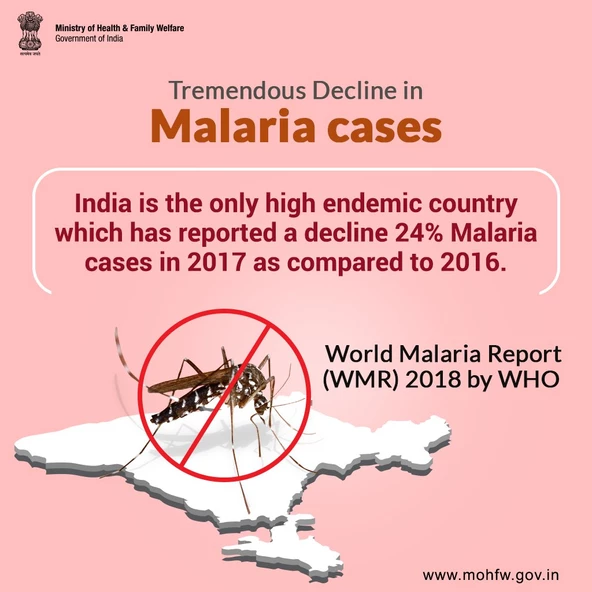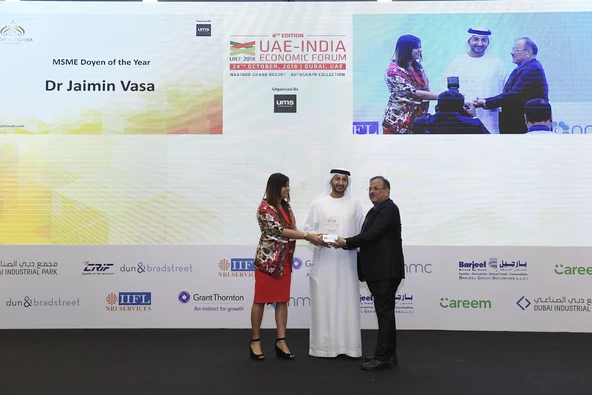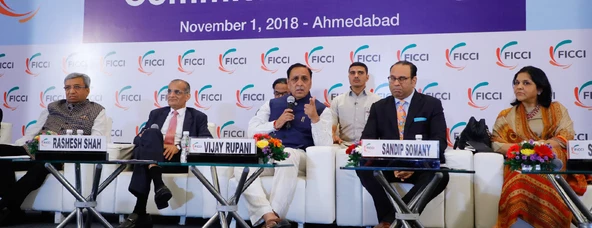July

India shows tremendous decline in no. of Malaria cases
India has shown tremendous decline in no. of Malaria Cases and moved out of list of top three nations with the highest number of Malaria cases with decline of 24 % in Malaria cases. Government adopted main strategy of malaria control – radical treatment is necessary for all the cases of malaria to prevent transmission of malaria. Another strategy was of Chloroquine, which is main anti-malaria drug for uncomplicated malaria.
MALARIA CONTROL STRATEGIES 1. Early case Detection and Prompt Treatment (EDPT)
- EDPT is the main strategy of malaria control – radical treatment is necessary for all the cases of malaria to prevent transmission of malaria.
- Chloroquine is the main anti-malaria drug for uncomplicated malaria.
- Drug Distribution Centres (DDCs) and Fever Treatment Depots (FTDs) have been established in the rural areas for providing easy access to anti-malarial drugs to the community.
- Alternative drugs for chloroquine resistant malaria are recommended as per the drug policy of malaria.
2. Vector Control (i) Chemical Control
- Use of Indoor Residual Spray (IRS) with insecticides recommended under the programnme
- Use of chemical larvicides like Abate in potable water
- Aerosol space spray during day time
- Malathion fogging during outbreaks
(ii) Biological Control
- Use of larvivorous fish in ornamental tanks, fountains etc.
- Use of biocides.
(iii) Personal Prophylatic Measures that individuals/communities can take up
- Use of mosquito repellent creams, liquids, coils, mats etc.
- Screening of the houses with wire mesh
- Use of bednets treated with insecticide
- Wearing clothes that cover maximum surface area of the body
4. Community Participation
- Sensitizing and involving the community for detection of Anopheles breeding places and their elimination
- NGO schemes involving them in programme strategies
- Collaboration with CII/ASSOCHAM/FICCI
5. Environmental Management & Source Reduction Methods
- Source reduction i.e. filling of the breeding places
- Proper covering of stored water
- Channelization of breeding source
6. Monitoring and Evaluation of the programme
- Monthly Computerized Management Information System(CMIS)
- Field visits by state by State National Programme Officers
- Field visits by Malaria Research Centres and other ICMR Institutes
- Feedback to states on field observations for correction actions.




Leave a Reply